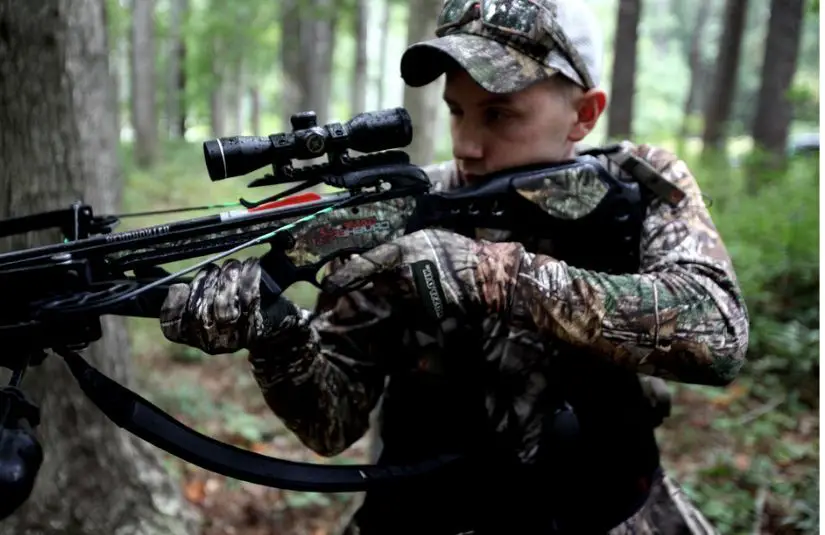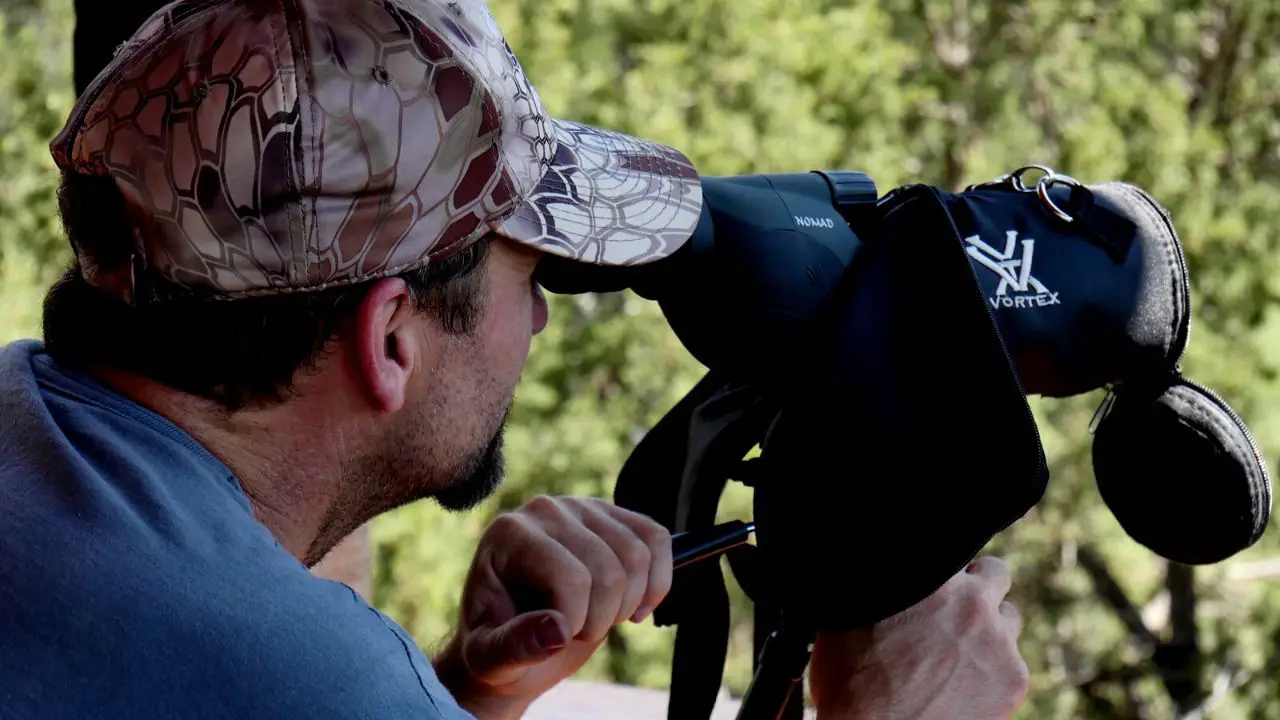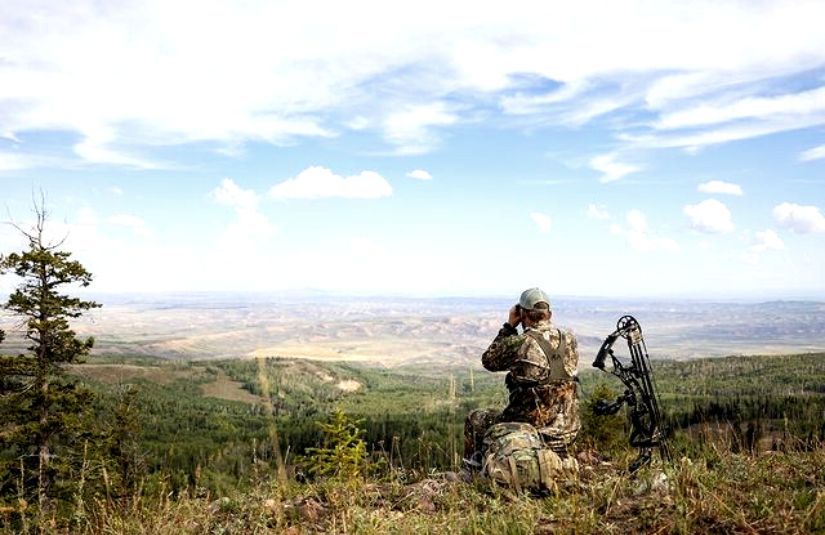What Legal Requirements Must You Consider When Selecting a Firearm for Hunting?
Planning on purchasing a firearm for hunting? Make sure you're aware of the legal requirements that come along with it. In this blog article, we'll go over the different regulations that you need to consider when selecting a firearm for hunting. Read on to ensure your safety.
When selecting a firearm for hunting, you must consider several legal requirements. In this blog post, we will outline the most important ones so you can make an informed decision when purchasing your weapon.
It is important to remember that the laws vary from state to state, so be sure to check with your local authorities before making a purchase. Let's get started!
Overview of Legal Requirements to be Considered When Selecting a Firearm for Hunting
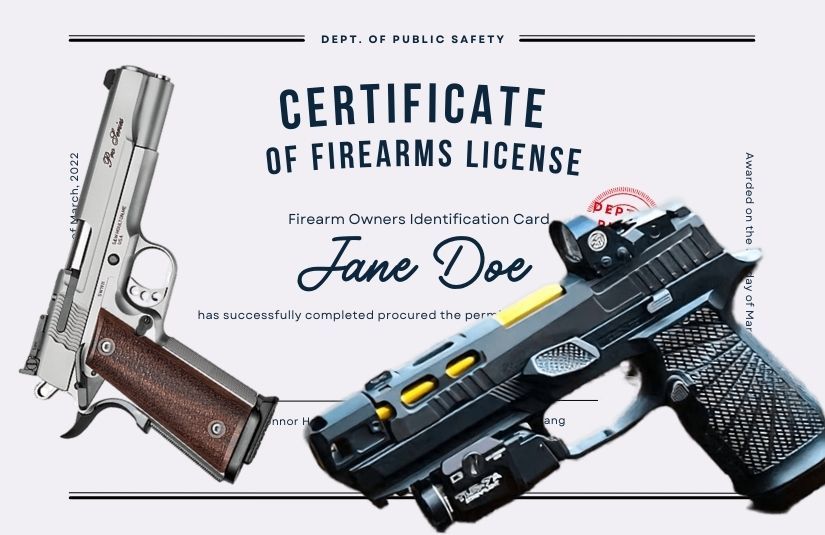
Hunting is a popular recreational activity that requires a certain level of responsibility and knowledge. One of the most important factors to consider when selecting a firearm for hunting is ensuring that it is legal for the type of hunting you will be doing. This article will provide an overview of the legal requirements that must be considered when choosing a firearm for hunting.
- First and foremost, it is important to understand the laws and regulations surrounding firearms in the area where you will be hunting. Each state has its own set of laws regarding the use of firearms for hunting, and it is your responsibility to familiarize yourself with these laws before heading out into the field. This may include restrictions on the type of firearms that are allowed, the caliber of the firearm, and the type of hunting that is permitted.
- In addition to state laws, federal laws regulate the use of firearms for hunting. The most notable is the National Firearms Act (NFA), which regulates the possession, use, and transfer of certain types of firearms, including fully automatic machine guns, silencers, short-barreled rifles, and shotguns. It is important to ensure that any firearm you use for hunting complies with the NFA, as violating these laws can result in severe criminal penalties.
- Another legal requirement to consider when selecting a firearm for hunting is the type of game you will be hunting. Different games may have specific regulations regarding the type of firearms that can be used to hunt them. For example, some states may restrict the use of certain calibers or types of firearms for hunting big game, such as bear or elk. It is important to consult the hunting regulations in your area to ensure that you are using the appropriate firearm for the type of game you will be hunting.
- Finally, ensuring that you have the proper licensing and permits before hunting with a firearm is important. This may include a hunting license and any additional permits required for the type of hunting you will be doing. Failing to obtain the proper licenses and permits can result in fines and other legal consequences.
Ensuring proper licensing and permits is crucial to avoid legal consequences. By following these guidelines, you can ensure that your hunting experience is safe and legal.
Also, check out our article on the Best Hunting Pants
What permits are required to purchase a firearm for hunting
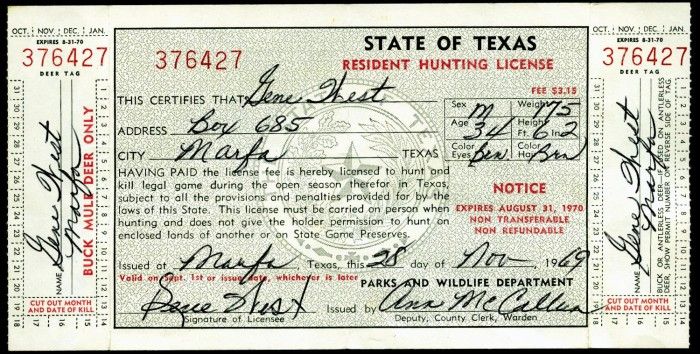
Discover the perfect balance of comfort and functionality with our top-rated hunting rifle slings
When it comes to purchasing a firearm for hunting, there are several permits and licenses that may be required to ensure that the purchase is legal and responsible. These requirements vary by state and may include a background check, a firearms purchase permit, and possibly a hunting license.
- A background check is one of the most common requirements for purchasing a firearm. Federal law requires that all firearm purchases, including those made for hunting, be accompanied by a background check to ensure that the individual purchasing the firearm is not prohibited from owning one. In most states, this can be done through a licensed firearms dealer, who will run a background check through the National Instant Criminal Background Check System (NICS).
- In addition to a background check, some states may also require a permit to purchase a firearm. This may be in the form of a firearms purchase permit, a concealed carry permit, or a hunting license. These permits may require the completion of a firearms safety course or submitting additional personal information, such as fingerprints or proof of residency.
- It is important to familiarize yourself with the laws and regulations in your state to ensure that you comply with all necessary permits and licenses when purchasing a firearm for hunting. Failing to do so can result in fines and other legal consequences.
It is important to familiarize yourself with the laws and regulations in your area to ensure that you comply with all requirements.
Also, check out our article on Attaching Rifle Slings without Swivels.
Tips on how to choose the right type of gun for your specific needs
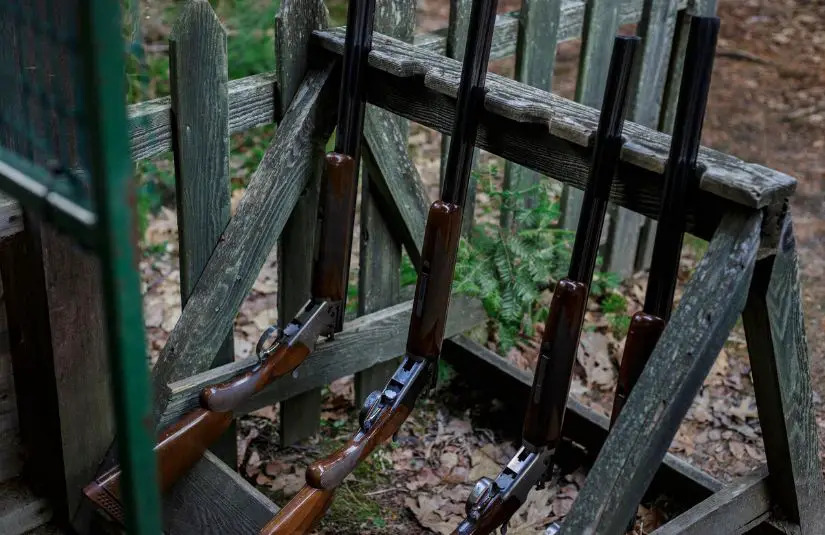
Choosing the right hunting gun can be daunting, especially if you are new to hunting or unsure of your specific needs. However, with some research and consideration, you can find the perfect gun for your hunting needs. Here are some tips to help you make the right choice:
Keep firearms in high-performance condition with ultrasonic cleaners
1. Consider your hunting style and the type of game you will be hunting.
Different types of hunting guns are better suited for different types of hunting and game. For example, a shotgun is great for close-range hunting and is ideal for birds, while a rifle is better for long-range hunting and is suitable for larger games.
2. Think about the caliber of the gun.
The caliber refers to the size of the bullet and the amount of gunpowder used to propel it. Larger calibers are generally more powerful but tend to have more recoil and be more expensive to shoot. On the other hand, smaller calibers are less powerful but are easier to handle and more affordable to shoot.
3. Consider the type of action.
The action of a gun refers to how it loads, fires, and ejects shells. There are three main types of actions: bolt-action, semi-automatic, and pump-action. Bolt-action guns are reliable and accurate but require more time to load and fire.
Semi-automatic guns are fast and efficient, but they can be more expensive and may not be as reliable as bolt-action guns. Pump-action guns are also fast and efficient but require more effort to operate.
4. Consider the weight and size of the gun.
A heavier gun may be more stable and accurate, but it may also be more difficult to carry and handle for long periods. On the other hand, a lighter gun may be easier to carry and handle, but it may not be as stable or accurate as a heavier gun.
5. Consider the cost.
Hunting guns can vary greatly in price, so it's important to consider your budget when deciding. Remember that you don't necessarily have to spend much money to get a good-quality gun.
You can find the perfect hunting gun for your specific needs by considering these factors and researching. Happy hunting!
Also, check out our article on the Best Spotting Scopes
Final Words
Suppose you have any doubts or questions about legal requirements related to firearms and hunting. In that case, it is important to research local regulations, consult a professional in the relevant field, and familiarize yourself with state laws.
Familiarizing yourself with the National Firearms Act, Gun Control Act, and your state’s gun laws should also help you make an informed decision. Additionally, contacting the local law enforcement agency or talking to firearms professionals can provide valuable feedback on what steps to be taken when considering firearm use for hunting.
And when it comes to buying firearms, it's not just about finding the right gun for your needs. It's also about investing in the right tools to keep your gun in top condition for years. We highly recommend investing in a quality safe to protect your firearm from theft or accidental discharge.
But a safe isn't the only way to keep your gun in top condition. Check out our articles for all the gear you need to maintain your firearm's health, including regular cleaning and proper storage.
Don't skimp on these important steps. Investing in the right tools and following proper maintenance procedures will ensure that your gun stays in top condition and is ready for use whenever needed.
Some of our other informational articles that you might like:
Requirements to keep your hunting firearms healthy:
Also, check out some of our other articles:
